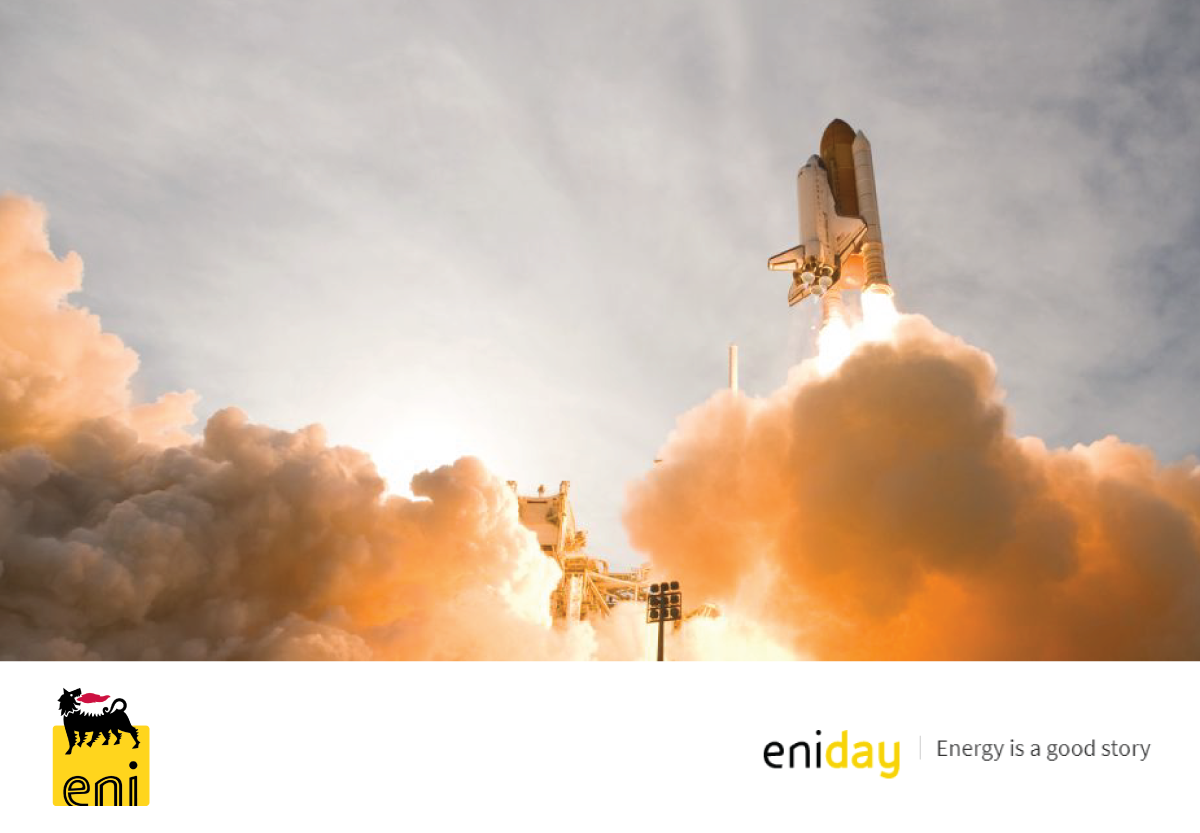Hydrogen is the most widespread element in nature, found in everything from the ocean depths to the air we breathe, in every earthly substance and in stardust. Hydrogen is the foundation stone of the universe. In terms of energy, its applications are widespread, including fuel cells, industry and space. It's hydrogen that launches into orbit satellites, space stations, monitors, telecommunications systems and probes destined to fly about for decades.
Eni, Toyota and the city council of Venice have agreed to assess whether they can build a service station for filling vehicles powered by hydrogen. The site for the new plant will be chosen soon, and our eye is on Bavaria, where hydrogen cars are making great headway.
More For You
Most Popular
In this "ask ian," Ian Bremmer analyzes Trump’s recent meeting with Zelensky and how close (or far) Russia and Ukraine are from a peace deal.
Syrian President Ahmed al-Sharaa attends the military parade of the Syrian army in Umayyad Square in central Damascus to mark the one-year anniversary of the fall of the Assad regime, on Dec. 8, 2025.
A year ago this month, Syria’s brutal dictatorship collapsed. There are signs of recovery, but sectarian violence threatens to undermine the optimism.
